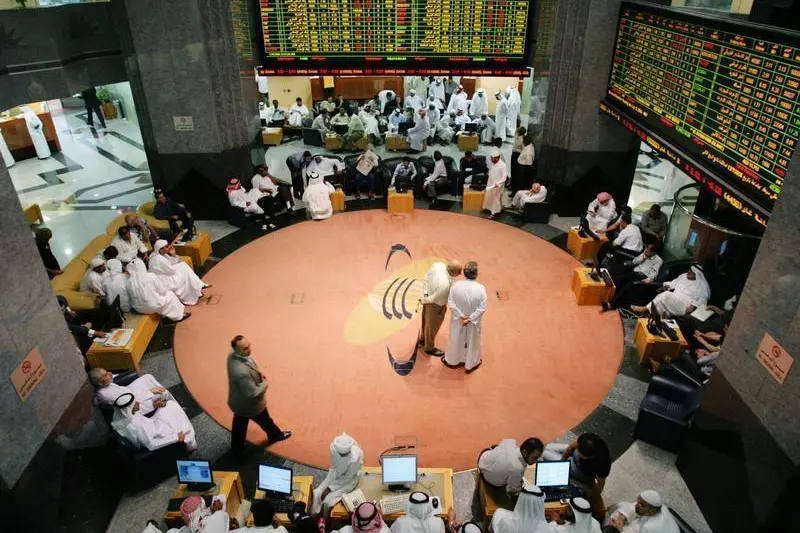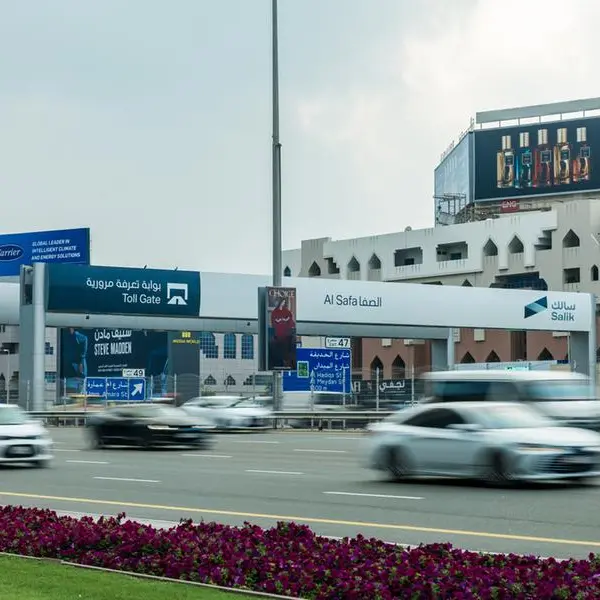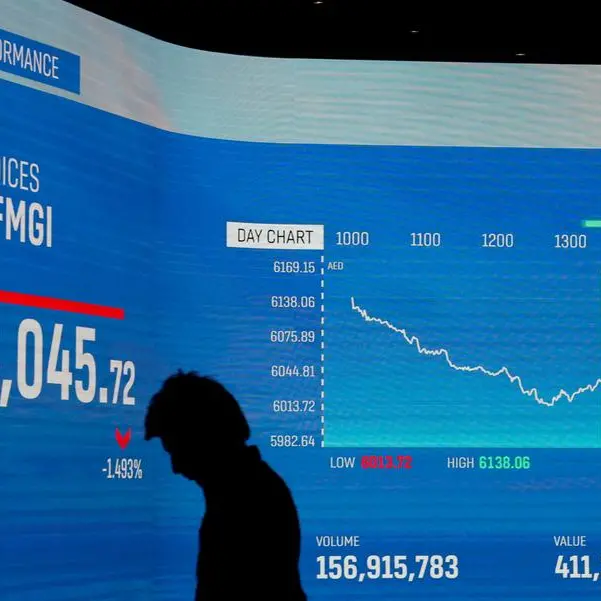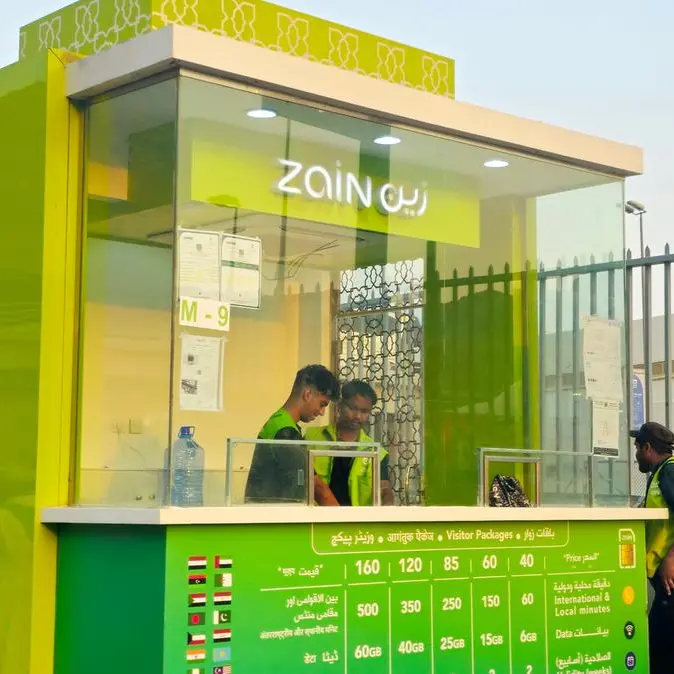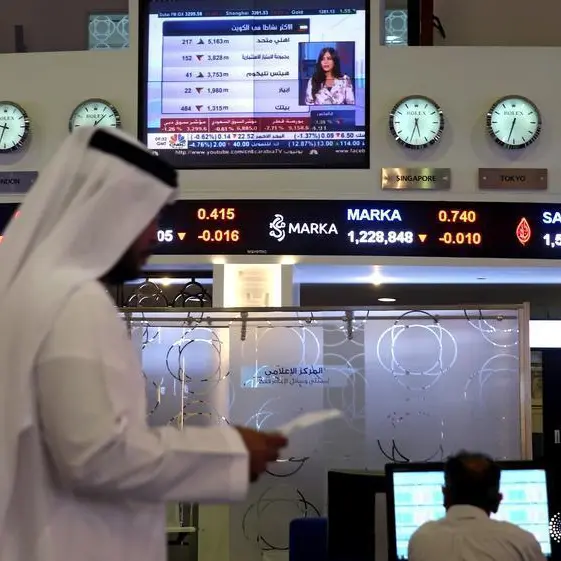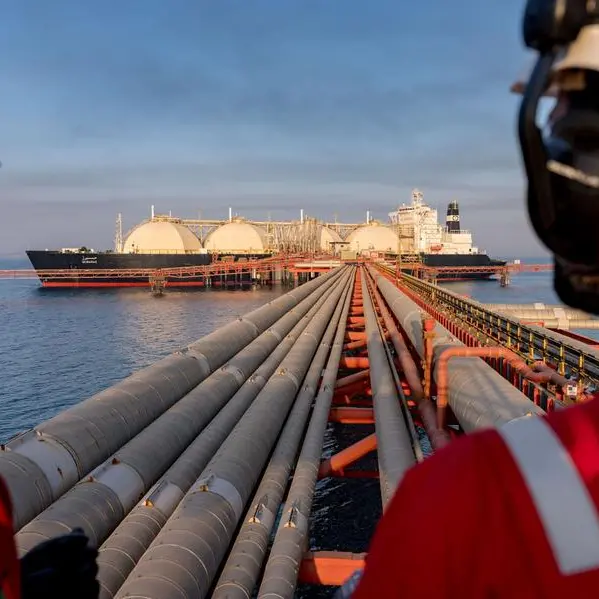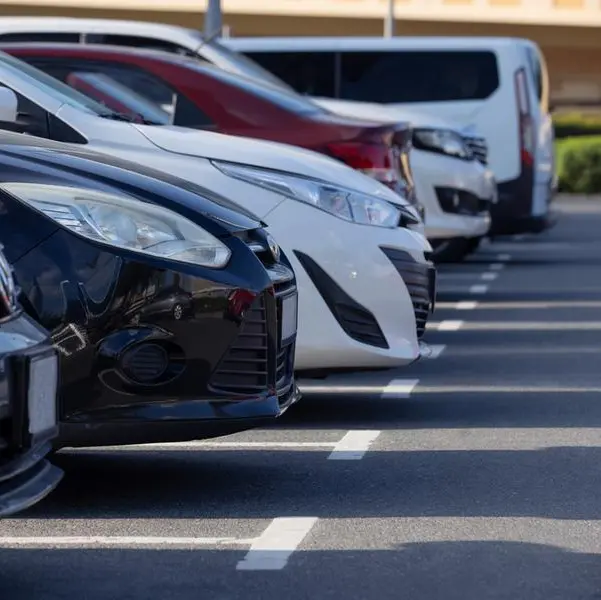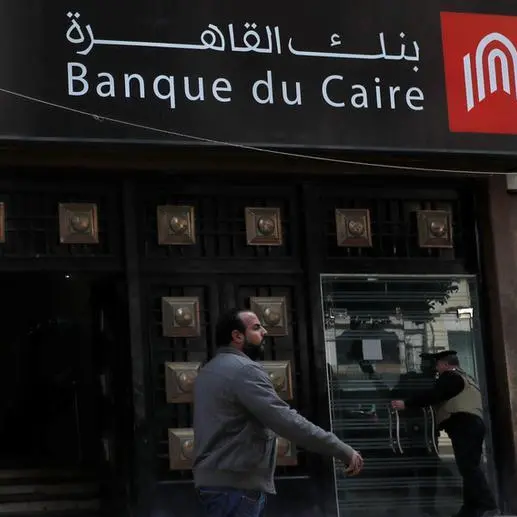PHOTO
Foreign investors were net buyers of equities in GCC stock markets during the first quarter of 2025, continuing a trend from the previous quarter but with a shift in monthly dynamics, according to a new report by Kuwait-based Kamco Invest.
Net foreign buying totalled $2.8 billion in the first three months of the year, slightly down from $3bn in the fourth quarter of 2024.
The buying spree was front-loaded, with consecutive net purchases in January and February before turning to net selling in March.
Abu Dhabi’s stock market saw the largest influx of foreign capital, with net buying reaching $2.3bn. Boursa Kuwait also experienced consistent foreign buying, totalling $705.6 million for the quarter. Dubai attracted $343m in net foreign investment, followed by Saudi Arabia ($252.3m) and Bahrain ($23.2m). In contrast, Qatar and Oman saw net foreign selling of $421m and $459.2m, respectively.
The monthly breakdown revealed that Boursa Kuwait was the only market with continuous net foreign buying throughout the quarter. Saudi Arabia and the UAE initially saw net foreign inflows in January and February but experienced net outflows in March. Qatar followed a similar pattern, with net buying in January turning to net selling in the subsequent two months. Oman recorded net foreign selling across the entire quarter.
Several factors influenced foreign investment flows, including regional market trends, initial public offerings, geopolitical developments, the economic health of individual GCC nations, and crude oil prices. Overall, the quarterly performance of GCC equity markets was largely negative, with six out of seven exchanges reporting declines.
Uncertainty surrounding US trade policies and forecasts of a US economic slowdown weighed on investor sentiment in the region. US tariff announcements and retaliatory measures from trading partners also dampened global economic growth confidence.
Seasonal selling pressure during the Eid holidays further contributed to market declines. Local investors were net sellers during the quarter, with foreign investors absorbing these shares.
Foreign buying peaked in February, reaching an aggregate monthly net of $2.4bn. January saw net buying of $833.8m, while March recorded net selling of $518.4m. Over the past five years, foreign investors have been net buyers in GCC stocks in all but one quarter, with the largest net purchases occurring in the first quarter of 2022 at $11bn, driven by significant buying in Saudi Arabia and Qatar.
GCC investors (excluding Bahrain) were net sellers across the region during the first quarter, with net sales reaching $482.3m, down from $505.3m in the fourth quarter of 2024. Boursa Kuwait saw the largest net buying by GCC investors ($56.9m), followed by Dubai ($12.4m). Saudi Arabia, Abu Dhabi, Qatar and Oman recorded net selling by GCC investors.
Overall trading activity declined, with total GCC volume down 24.5 per cent quarter-on-quarter to 86.8bn shares. Most exchanges reported lower volumes, except for Qatar and Oman. The value of shares traded on the Qatar exchange increased by 1.7pc, while Oman saw a 27.4pc rise. Saudi Arabia and Abu Dhabi experienced significant declines in trading volume.
The total value of shares traded also decreased to $157.5bn in the first quarter from $164.3bn in the previous quarter. Kuwait reported the largest increase in trading value, while Saudi Arabia, Abu Dhabi, and Oman saw declines.
Five Saudi-listed stocks were among the top 10 most traded GCC stocks by value in the first quarter, with the aggregate traded value of the top 10 reaching $39.4bn, representing 25pc of the total value traded on GCC exchanges. Al Rajhi Bank topped the list, followed by Oula Fuel Marketing and Saudi Arabian Oil (Aramco). Other actively traded stocks included Adnoc Gas, Ahli Bank (ABOB), and Emaar Properties.
Copyright 2022 Al Hilal Publishing and Marketing Group Provided by SyndiGate Media Inc. (Syndigate.info).
